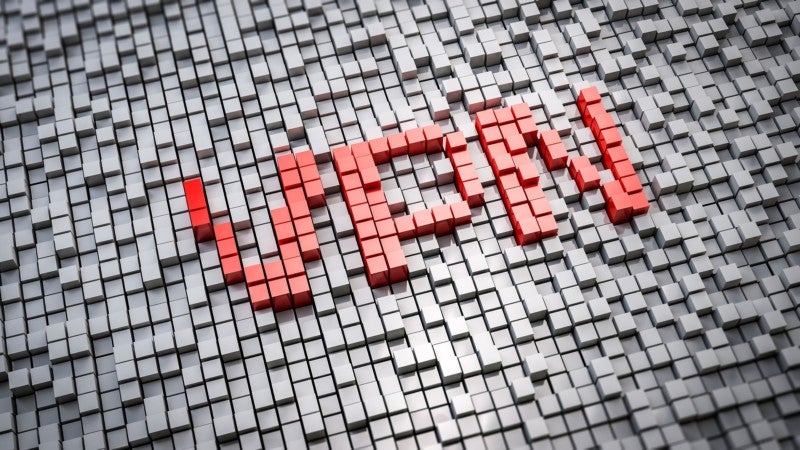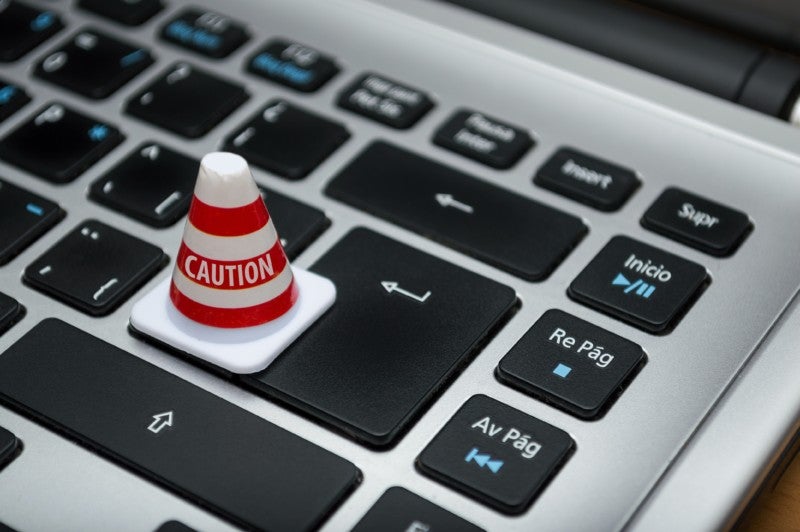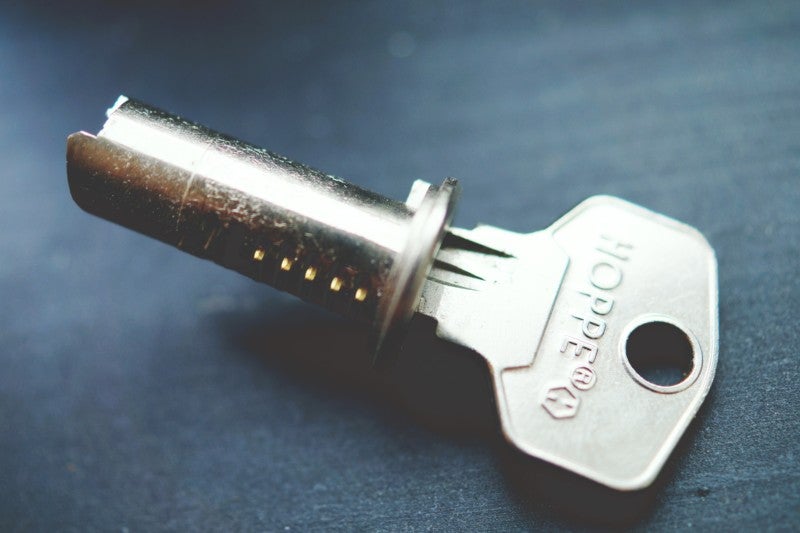Introduction
Companies, small or large, have been the target of cybercriminals for decades. The past decade saw corporation after corporation falls to the hands of hackers. This is why many of these corporations are improving their cybersecurity measures, slowly but steadily.
And while it’s good that companies are deciding to take cybersecurity more seriously, there are still plenty of security issues that arise within these companies, most notably from the employees themselves. We’re all guilty of not taking cybersecurity as we should—hackers and scammers know this. They target us, the employees, to get their hands on company information.
3 Ways to Protect Your Online Privacy
These hackers and scammers are the reason why it’s important for us to practice proper cybersecurity etiquette. But how? Where do you even start? Today, I want to tell you how to start by telling you 3 ways you can improve your cybersecurity at work. And who knows, you may be able to use these at home too.
1. Adopt a Clean-Desk Policy
Staying organized can be difficult, especially when you’re at work and flooded with project after project, report after report. If you’re like me, your desk can end up looking like the aftermath of a terrible storm.
However, many companies have begun adopting “clean-desk” policies, policies focused on keeping employees’ desks as clutter-free as possible. See, when you leave stuff out—especially papers and reports—you run the risk of someone passing by, seeing the probably-sensitive information, and using that information against you or the company.
This can result in a loss of privacy, termination, and financial loss for the company. As a result, you should adopt a clean-desk policy and keep any papers, reports, projects, or personal information off of your desk.
2. Use a VPN

But cleaning your desk isn’t enough. Cybercriminals count on the Internet to gather sensitive/personal information, not a cluttered desk. One way hackers can gather sensitive information is by looking at activity on a network.
Cybercriminals and hackers, if given access to a network, can spy on people’s activity on the Internet, possibly intercepting sensitive information. This makes it easy for hackers to, well, hack, and the company can suffer as a result.
One way you can prevent this from happening is by using a VPN, a virtual private network. The uses of a VPN allow you to hide your IP address, encrypt your data, and hide your activity from everyone else on the network.
I recommend using one at all times while working, and if you can, convince your higher-ups to employ a network-wide VPN.
3. Use Strong Passwords

Passwords act as the first and final defense of many accounts (besides ones with two-factor authentication). And many companies require employees to log into company-specific accounts. These accounts hold tons of valuable information—information hackers could profit off of.
You would do well making sure that all of your passwords—yes, including your personal accounts—are strong and unique. This means not reusing the same password or a variant of the same password.
If you have trouble coming up with strong passwords, it wouldn’t hurt to use a password manager. The important thing is to make sure all of your accounts are as protected as they can be.
Conclusion
Without proper cybersecurity, our identities are as good as stolen. And you might think you’re safe while at work. You’re not. Being at work doesn’t mean you can stop practicing proper cybersecurity.

Remember: always stay diligent. Use strong, unique passwords, keep your desk clean from clutter and any personal information, and use a VPN. These are three ways you can protect yourself from cyber-threats while at work.


















